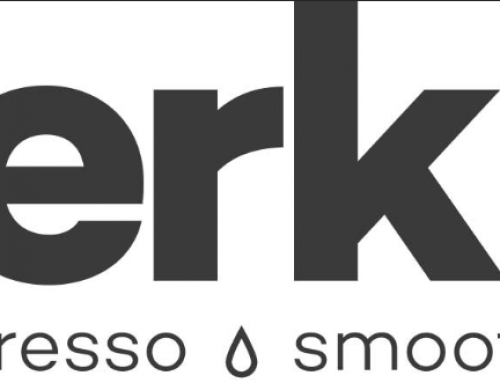You have a problem, someone has just resigned from your team, you are flat out and this is going to create a big hole in your resources. Your clients will suffer, but most of all so will you! You’ll have to fill in the gaps, or drive the rest of the team to do so until a replacement is found. You want to recruit quality, but you need to do so quickly. Obvious isn’t it, you share your ‘problem’ with lots of people (recruiters), if a problem shared is a problem halved, how much less is your problem if four, five or six recruiters are looking for you? Drive a low fee, get them to compete, sit back and wait for the CV’s to fly in. Without doubt there is some logic to that decision. Unless of course you understand how the recruitment models work. I’ve worked seventeen years in recruitment (with an eight year break creating a renewable energy business). I’ve worked for some excellent companies, and one or two bad ones. Good or bad, the model is the same. Some may execute more effectively, some may be nicer people to deal with, but the model is the same. It has to be, it’s the only way the numbers work.
Contingency (non-exclusive) recruitment
Contingency recruitment works on speed and quick wins. When you engage one (or more) recruitment companies non-exclusively, and with no upfront fee, 100% of the risk is taken by the recruiter. They could spend dozens of hours, days and days, working on your assignment, and if you don’t recruit from them, they get nothing. Lots of work and effort, zero income. That’s the deal, that’s why it’s tempting as a hiring company to work that way. But you’re in business, and recruitment is a business, how much time do you, or do you allow your team to spend on ‘work’ with no guarantee of payment? None, some, a lot? It’s about risk management. How likely are you to get a payment? How much time can you afford to risk for the possible income? Of course there are variables. How big could the income be? How likely are you to ‘win’ the deal? How many other people/companies are also in the race? Clearly the more companies involved, the less likely you are to win, the less time you can afford to risk. What about the size of the potential deal? The smaller the possible fee, the less time you can afford to risk. How sensible is it to drive a hard fee discount? Your manager or FD may think you are great, but what if that lowers your chances of getting the right person?
As I say, some companies’ do this well, but they do, I promise you, all work on the risk/reward basis. They have to, they are a business. If they can’t fill your role quickly, with the candidates they already have on their database (the ones scooped from job boards, or on the market every 12 months), then they have to move onto the next job assignment. Of course if you’ve got them screwed to a really low fee, and your role isn’t easy to fill, how much time do you think they spend on filling it (despite what they may tell you). The model only works this way. The higher the potential fee, the more time they will risk, the less ‘competition’ to place the role, the more time they can risk, BUT, they can’t dedicate much time because the model only works on quick turnaround. Can we place this quickly? No, ok, on to the next assignment. Most will tell you for sure they are working hard to find someone, in reality this means they’ve chucked an advert on a job board and are praying for a lucky break. (Let’s forget for one minute you can access the same job board yourself for a lower cost than their fee- I wouldn’t though, the truth is not many good people put their CV’s on job boards).
So you see, your problem isn’t halved, or quartered, it’s quadrupled. Now not only do you have to fill the gap your team member left, and drive the team to work harder, you’ve also got to fend off countless recruiter calls and sift through endless CV’s in the hope some may come close to what you need. Here are some other issues you will have encountered I’m sure. You want to see a candidate they’ve sent the CV of, but he or she is ‘no longer available’. The truth is probably they were never asked if they were interested in your role or your company, the CV just got sent on the off chance. No time for qualification of the candidate, just send the CV, before someone else does. Or maybe you interview a candidate and he or she knows nothing about your company or the job, or worse still is completely misinformed about your company and job. Why is that? The candidates fault, sometimes maybe, but certainly not always. They’ve been told very little, or a few little mistruths, just to get them to go to your interview (they’ve got interview targets to hit). Wastes everybody’s time doesn’t it (and isn’t time money?).
Contingency recruitment is all about SINALOA. Safety in numbers and law of averages. Speed over quality, time over essence. I repeat some companies do this very professionally, and successfully. But they will never provide the level of service, or the quality of candidate that they would if you work exclusively. That said, sadly many agencies will still give you the same poor service exclusive or otherwise. You still need to research the background of the company in your sector.
Exclusive or retained recruitment
This is a very different model indeed, as you can see from the infographic above. In part two of this blog I’ll explain why this makes better financial sense, and is a more time efficient way to work.



